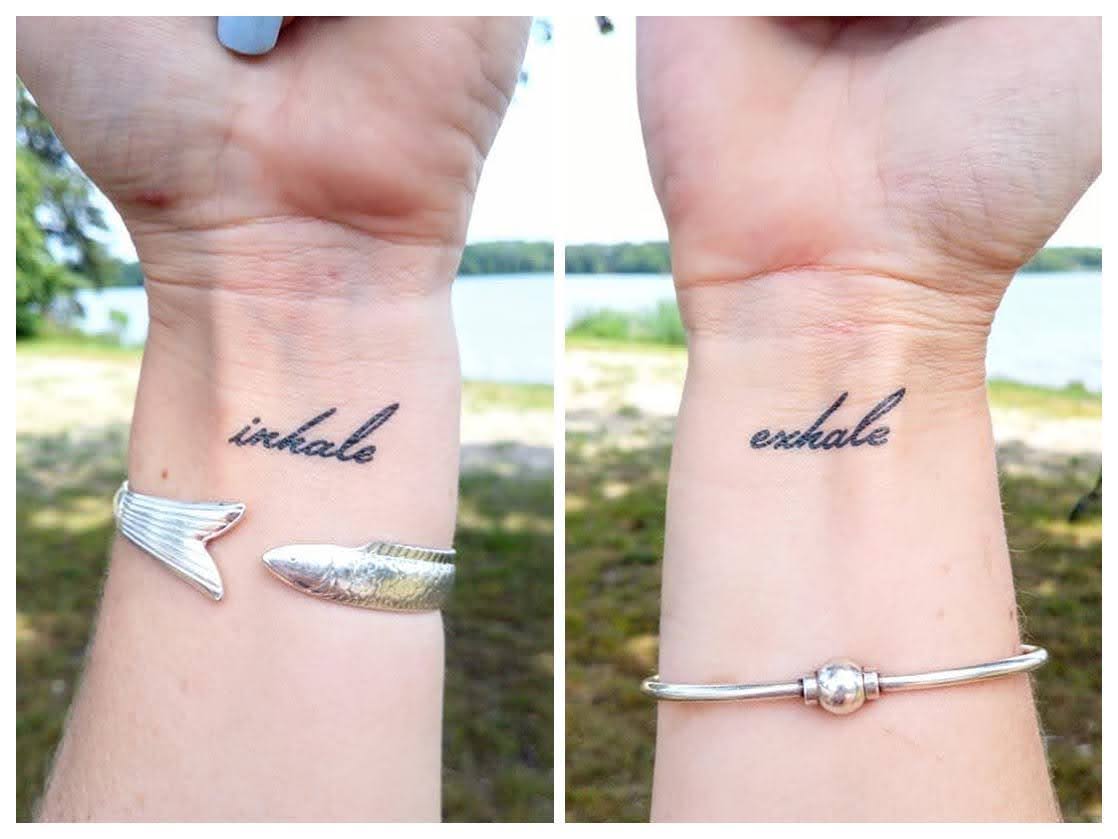
Grief Is a Funny Emotion
By Sarah Morse, Guest Contributor
Grief is a funny emotion. Not only does it have the power to bring you to your knees, but it can also motivate you to reach greater heights than you ever imagined.
For years, I buried my grief and trauma with booze and drugs. The feeling was too much for me. I spiraled out of control. As I found my way into recovery, I realized I could harness the grief and use it as a tool. The very thing I once used as an excuse to use is now the driving force behind my purpose in life. In 2020, in the middle of a worldwide pandemic, the number of overdose deaths went up 30% from the prior year. For the first time in our nation’s history, we reached a six figure death toll. This, along with some very personal losses, sparked a light inside me. I *had* to find some way I could make a difference. Heavy with grief, I enrolled in a life-changing course at my local community college. I knew I had to do something to make a difference in my sphere of influence. Once I graduated, I threw myself into Recovery Coaching. Helping lead others out of the darkness was my way of combating the pull of sadness. Sharing my experiences, giving hope of a better life, living every day to the fullest with gratitude.
As a Recovery Coach, you often find yourself working with people who aren’t quite ready to put down their burdens. This brings with it a strange sense of loss for me, grieving for their potential, for their lack of self worth. It’s hard to balance at times. You want so much for them to see their worthiness, but as someone who has been in the same position, you understand that no one can make them want better but themselves. Of course all is not lost, the road is just a bit bumpier. Recently I was working with a young woman, new to recovery. She and I were discussing the passing of a mutual friend, whom I will call “M.” We talked about the “double edged sword of sadness,” how on one hand she wanted desperately to use to not feel the pain of loss, but how she knew in her heart that M would not want her to “fall off the wagon,” as that is what led to M’s passing. She talked it out with me, and left our meeting with a sense of resolve. A week later, she called me from the hospital. I’ll be honest, my heart broke for her, because I could distinctly remember feeling exactly as she was.
One of the hardest parts of my journey is finding the balance between coaching and my own recovery, making sure I keep myself solid in MY recovery while compassionately and effectively assisting others. I know I tend to take too much of my work burdens home with me, as many in the public assistance sector do. Once you have found your personal path into the light, you want so desperately to help another find theirs. Because you see, so many of us find purpose from our sadness. The undying hope for something better drives us to take that grief and transform it into *more*, to give it meaning.
Sarah Morse is a recovery coach on Cape Cod, where she is in her fifth year of sobriety. This is her second contribution to VOICES.
